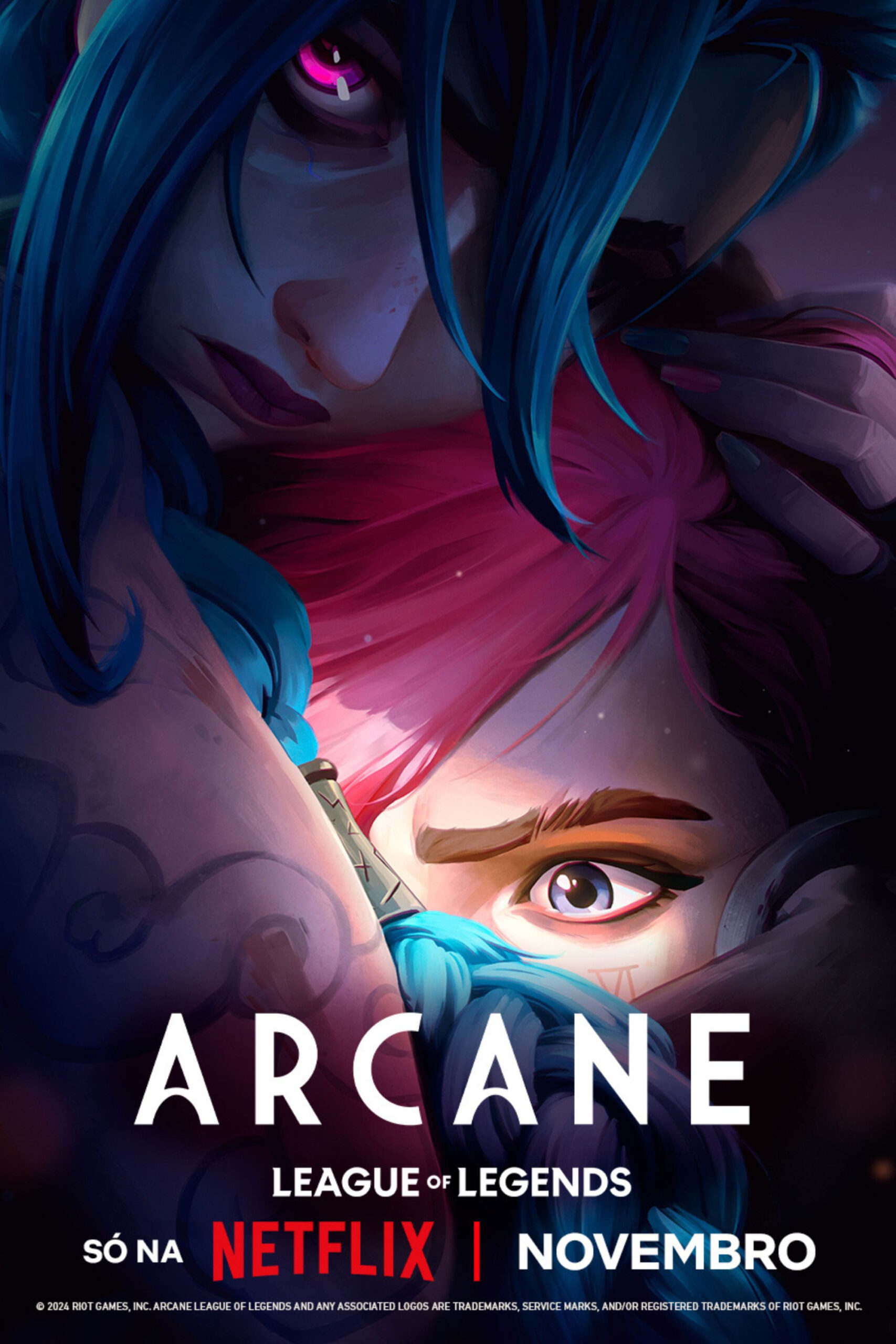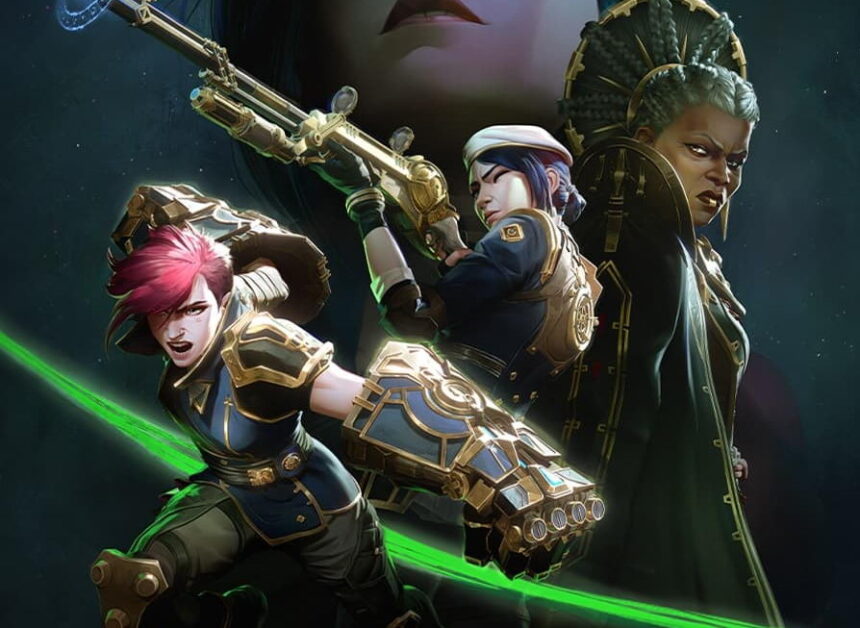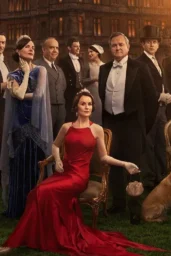Netflix's hit animated series Arcane, based on the League of Legends universe, is reaching its final season—and with it, a significant milestone in production costs. According to Variety, Arcane's two-season run has amassed an unprecedented budget of approximately $250 million. This places the series as the costliest animated show ever produced for TV or streaming, at roughly $13.9 million per episode across its 18-episode arc. This high expenditure speaks to Riot Games' determination to bring their gaming world to life with unprecedented quality, although the process was fraught with production challenges.
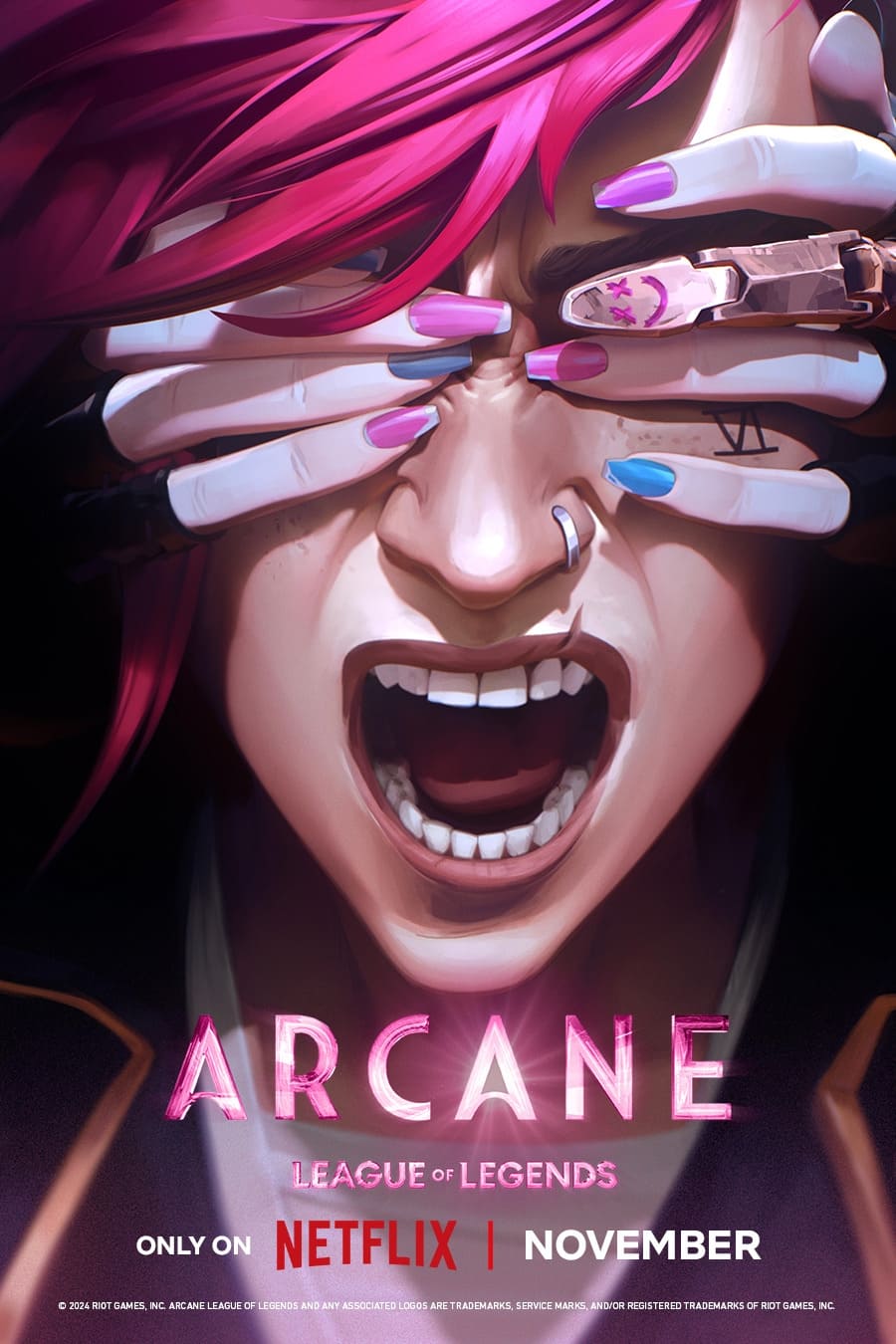
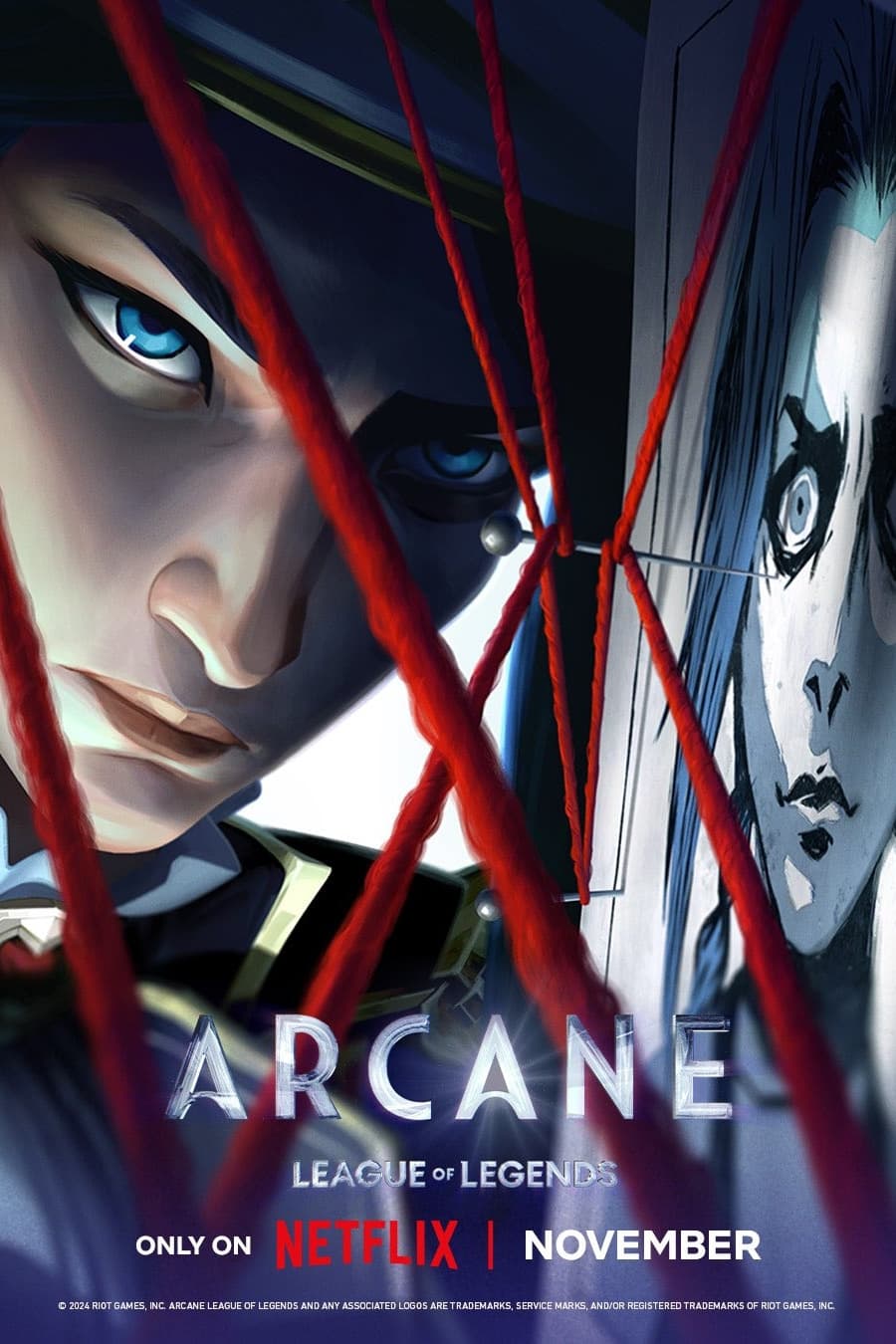
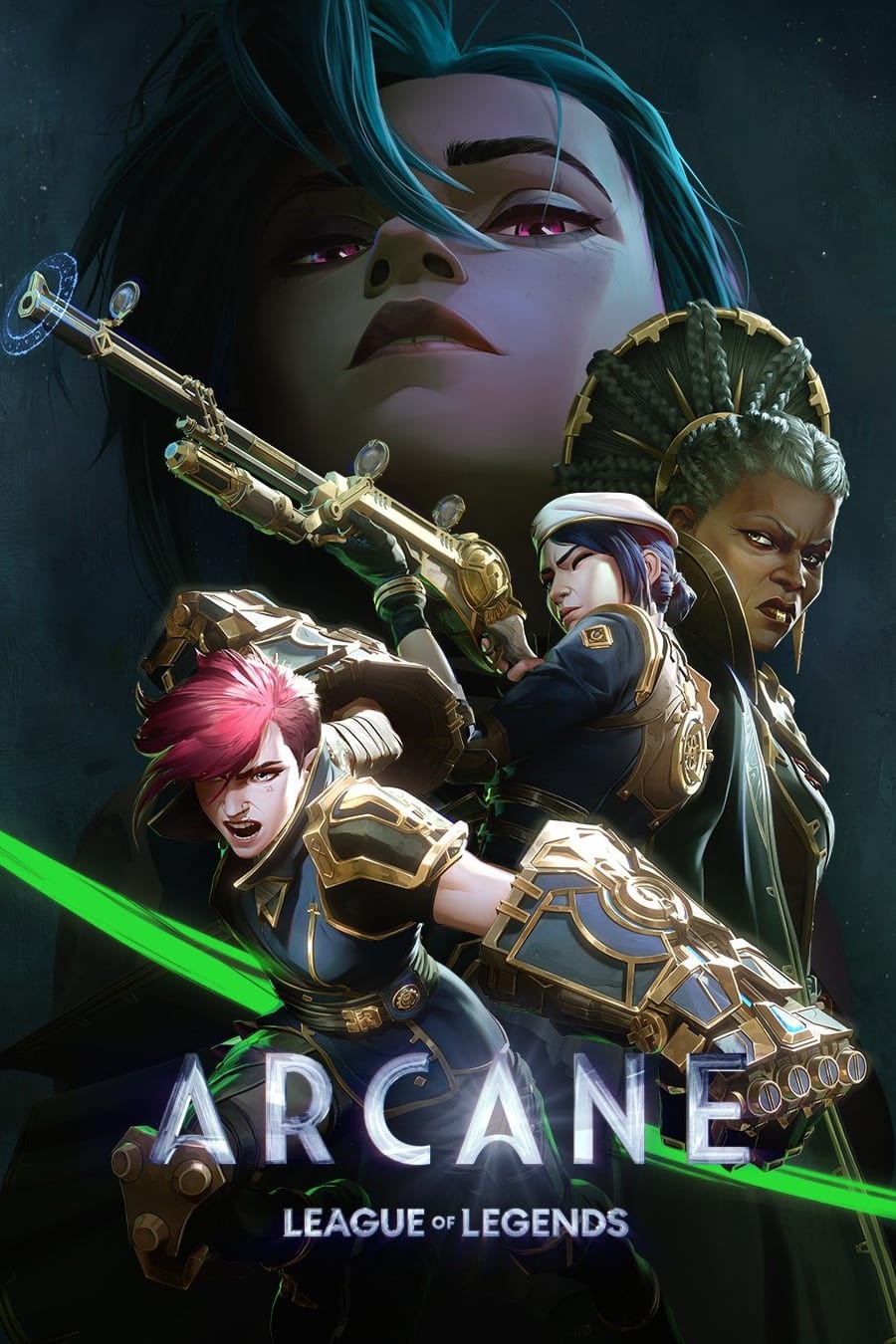
Arcane's first season, which debuted in 2021, cost over $80 million to produce and an additional $60 million for global marketing. Season two came in at around $100 million, and due to delays from starting production without fully developed scripts, it has been long-awaited by fans. The story continues to follow the complex and evolving relationship between the sisters Vi and Jinx as they navigate the political turmoil between the fictional cities of Piltover and Zaun. With its final episodes set to be released on November 9, 16, and 23, 2024, Arcane promises an epic conclusion to this ambitious story.
Riot Games' lavish spending on Arcane can be seen as a blend of passion and inexperience in media production. While the series has garnered widespread acclaim for its visuals and storytelling, these soaring costs also highlight the challenges gaming companies face when translating a game world into a serialized show. Despite the high expenses, Arcane has enjoyed critical success, winning four Emmy Awards and setting a strong precedent for future storytelling in the League of Legends universe.
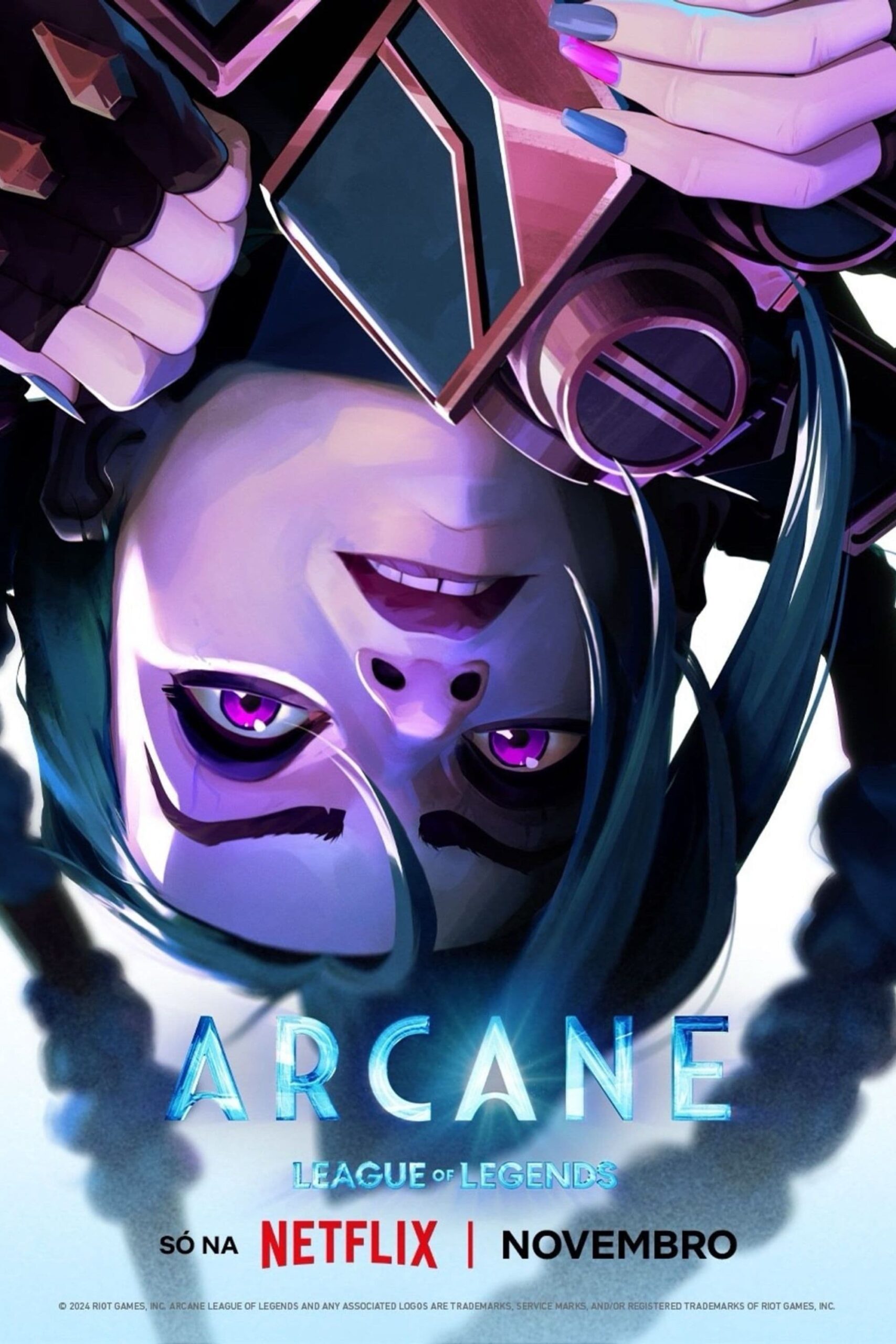
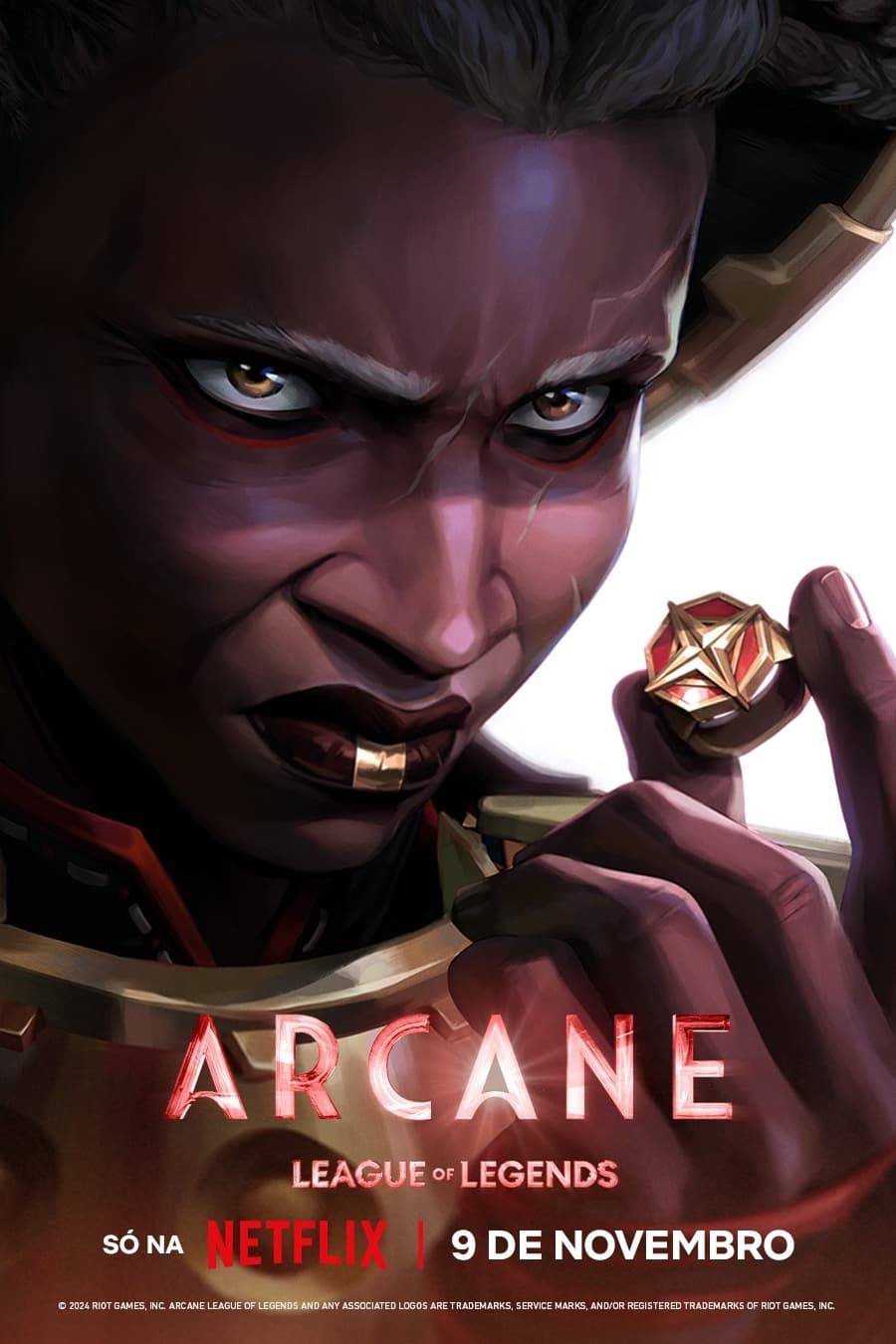
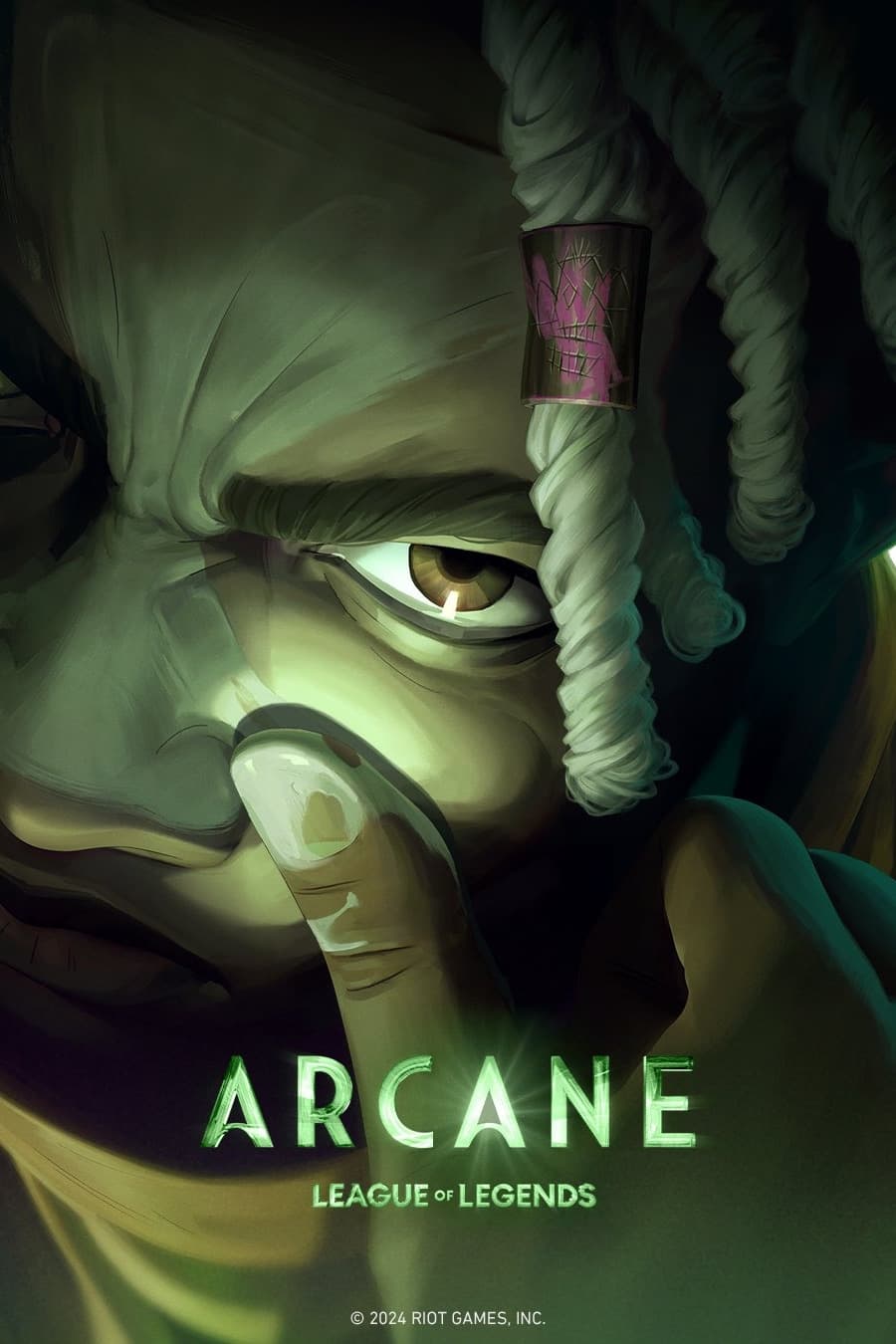
The success of Arcane illustrates how a game-based series can transcend its niche origins to become a beloved work of art. Riot's collaboration with the animation studio Fortiche brought depth and complexity to the show, enriching the League of Legends lore and creating a show that appeals even to non-gamers. The series' astronomical budget is undeniably risky, but its cultural impact may justify the investment. However, Riot's lack of experience in media production contributed to delays and overspending, demonstrating the challenges of adapting video game IPs on such a grand scale.
Do you think other gaming franchises will follow Riot's lead, investing heavily in high-quality storytelling through animated series? Why or why not?
